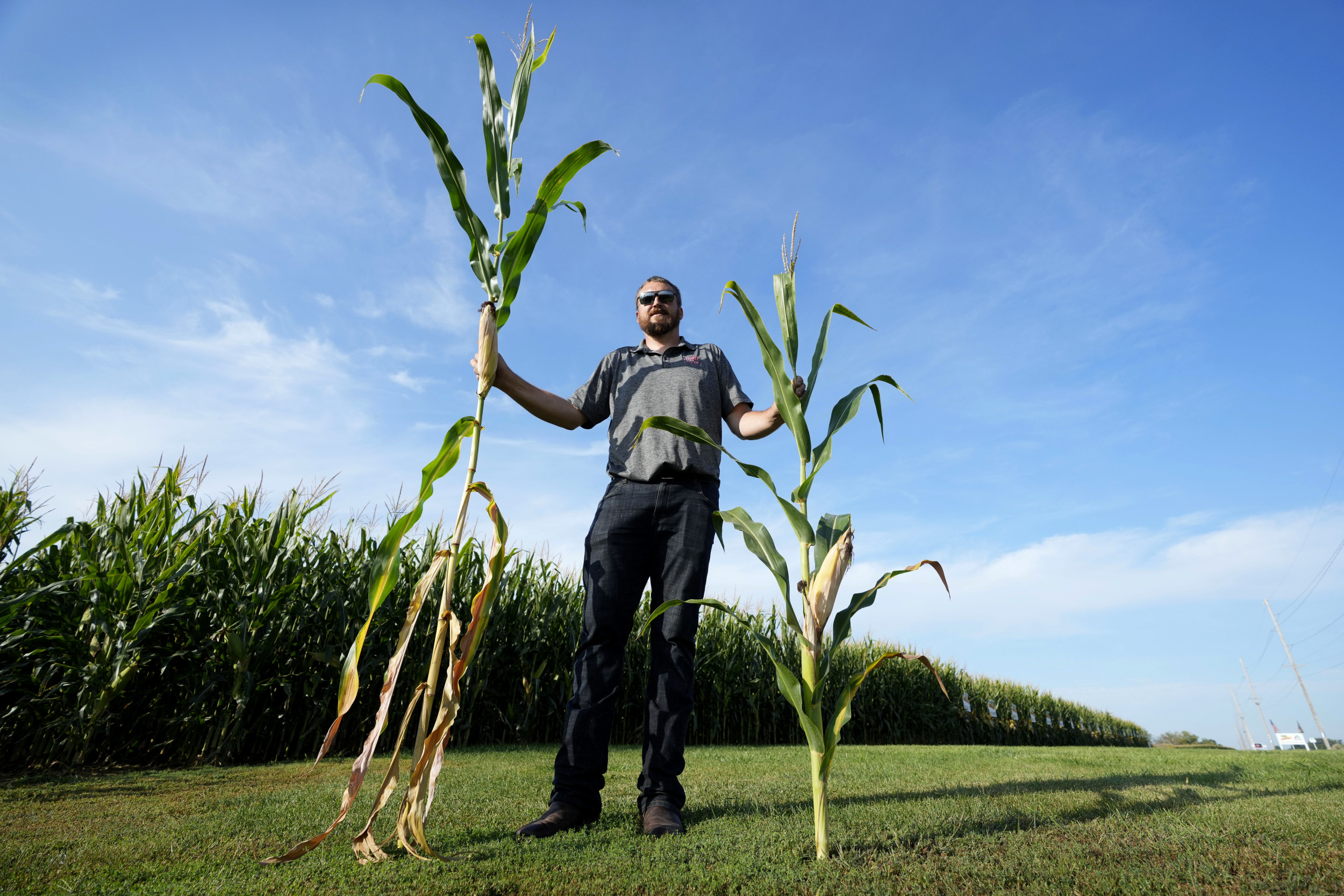🎙️ Voice is AI-generated. Inconsistencies may occur.
U.S. Health Secretary Robert F. Kennedy Jr.'s newly appointed vaccine advisory panel sparked alarm among pediatricians on Wednesday by reopening long-settled questions about the safety and structure of the childhood vaccine schedule.
Why It Matters
The meeting is taking place under heightened scrutiny following actions by Robert F. Kennedy Jr., who has a long track record of casting doubt on vaccine safety.

Controversial ACIP Meets for First Time
In its first public meeting, committee chair Dr. Martin Kulldorff announced that the Advisory Committee on Immunization Practices (ACIP) would launch work groups to reassess the "cumulative effect" of the standard childhood immunization timeline, along with specific evaluations of how two vaccines are administered: the hepatitis B shot given at birth, and the combination vaccine that protects against measles, mumps, rubella, and chickenpox (MMRV).
"Vaccines are not all good or bad," Kulldorff said. "We are learning more about vaccines over time" and must "keep up to date."
His statement echoed a frequent claim among vaccine skeptics—that receiving numerous vaccines could overwhelm a child's immune system or that vaccine ingredients might accumulate and cause harm.
However, scientists have studied these concerns and found no evidence to support them. In fact, scientists say today's children are exposed to far fewer antigens—the components that stimulate immune responses—than their grandparents were, despite receiving more immunizations overall.
Dr. Paul Offit, a vaccine specialist at Children's Hospital of Philadelphia, said this is due to advances in vaccine technology.
The American Academy of Pediatrics (AAP) announced at Wednesday's meeting that it will continue publishing its own vaccine schedule for children but now will do so independently of the ACIP, calling it "no longer a credible process."
Earlier this month, Health and Human Services Secretary Robert F. Kennedy Jr. abruptly dismissed the 17-member expert panel that had long advised the CDC on vaccines, replacing them with eight handpicked individuals—several of whom have expressed skepticism toward vaccines. In addition, key CDC vaccine scientists, including those responsible for overseeing data analysis and presentation vetting at ACIP meetings, have either resigned or been reassigned to other roles.
While the panel's recommendations are normally submitted to the CDC director for approval, the position is currently vacant. Nominee Susan Monarez is in the midst of the confirmation process and testified Wednesday before a Senate committee.
Monarez told senators on Wednesday that she supports vaccines, public health measures, and evidence-based science. However, she largely avoided addressing questions about significant budget cuts to the agency, the elimination of key programs, or whether she disagreed with any actions taken thus far by Kennedy Jr.
The sweeping changes sparked concern on Capitol Hill, prompting a last-minute appeal from Senator Bill Cassidy of Louisiana, a physician and the Republican chair of the Senate health committee, who urged Kennedy to postpone the panel's first meeting. Cassidy argued that many of the new appointees lacked the necessary qualifications and "may even have a preconceived bias" against modern vaccine technologies.
Defending his actions during a House hearing on Tuesday, Kennedy described the previous panel as "a template for medical malpractice."
What to Know About the Childhood Vaccine Schedule
The childhood vaccine schedule in the United States was first formally established in the 1960s and 1970s, following the widespread success of early immunizations like the polio and measles vaccines. As more vaccines were developed and licensed, the CDC began issuing official recommendations to ensure consistent protection against preventable diseases. In 1995, the CDC, along with the AAP and the American Academy of Family Physicians (AAFP), began jointly publishing an annual recommended immunization schedule for children, outlining the timing and dosage for each vaccine from birth through adolescence.
The schedule is developed and regularly updated by the ACIP, a longstanding panel of medical and public health experts who evaluate vaccine safety, efficacy, and disease prevalence. Over time, the schedule has expanded to include protection against more than a dozen infectious diseases, such as hepatitis B, pneumococcal disease, HPV, and influenza. The schedule is considered a cornerstone of U.S. public health policy.
What People Are Saying
The ACIP group will also evaluate individual vaccines as well as the cumulative effect of the recommended vaccine schedule:
Kulldorff said Wednesday, "This includes interaction effects between different vaccines, the total number of vaccines, cumulative amounts of vaccine ingredients and the relative timing of different vaccines."
Kulldorff also said the panel would study the use of the combined MMRV shot as well as research on the optimal timing of the measles-mumps-rubella (MMR) vaccine "to resolve religious objections" that some parents have regarding its use in the United States.
The AAP's Dr. Sean O'Leary said at the meeting, "The narrative that current vaccine policies are flawed and need 'fixing' is a distortion. These policies have saved trillions of dollars and millions of lives."
Monarez told senators, "I think vaccines save lives. The ACIP has a very vital role to play. And it must make sure that it is using science and evidence to drive that decision-making."
What Happens Next
Another contentious vote on Thursday will focus on annual flu shot guidance, specifically addressing thimerosal, a preservative found in some vaccines. Kennedy and other anti-vaccine advocates have falsely linked thimerosal to autism, despite repeated studies showing no such connection.
Update: 6/25/25, 2:57 p.m. ET: This article was updated with new information.
Update: 6/25/25, 4:42 p.m. ET: This article was updated with new information and remarks.
Update: 6/25/25, 6:35 p.m. ET: This article was updated with new information and remarks.
This article includes reporting by The Associated Press.
fairness meter
About the writer
Gabe Whisnant is a Breaking News Editor at Newsweek based in North Carolina. Prior to joining Newsweek in 2023, he ... Read more



